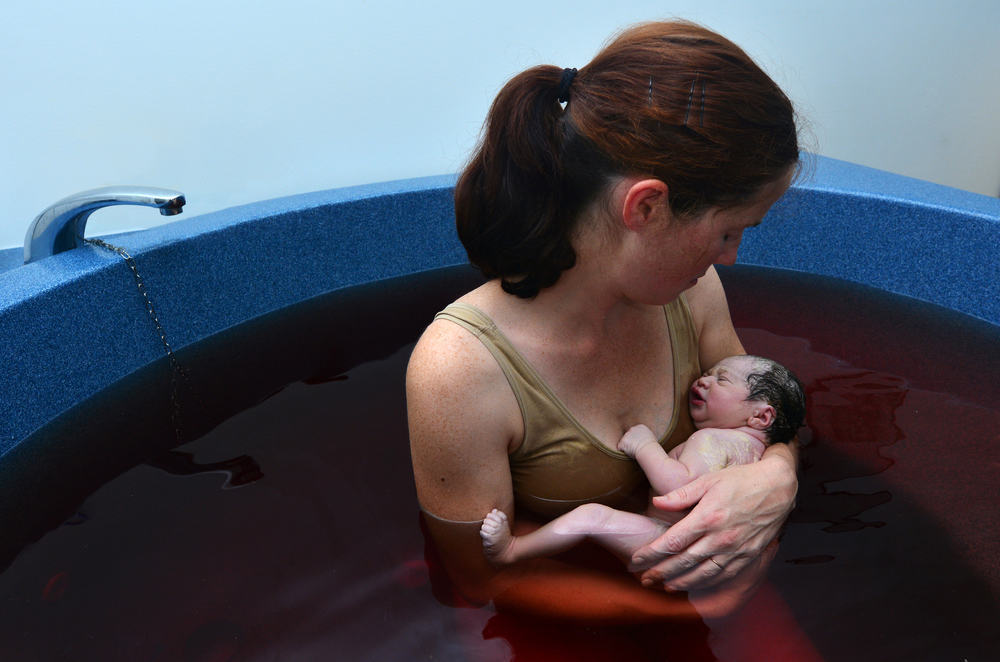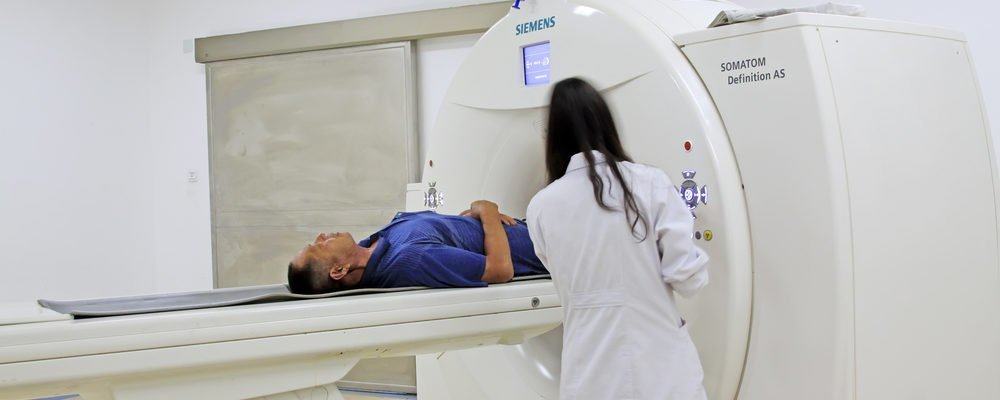Contents:
- Medical Video: Labor And Delivery Child Birth | Manipal Hospitals
- What you need to know about water birth
- 1. Water birth has several benefits for mother and baby
- 2. Water birth facilitate the first stage of labor
- 3. Water birth not necessarily safe for babies in the second stage of labor
- 4. Risk water birth for babies and mothers
- 5. Not all pregnant women can undergo water birth
Medical Video: Labor And Delivery Child Birth | Manipal Hospitals
As a mother, surely you've heard of water birth. Yes, water birth is one method of labor carried out in labor ponds filled with warm water.
Has it ever crossed your mind to do labor in water? If he does, know the method first water birth Furthermore. Although, it seems to offer more comfort during labor because it is done in water, but water birth also have various risks.
What you need to know about water birth
Doing labor with unusual methods requires more preparation. What's more, hospitals offer births by method water birth in Indonesia it is still rare.
A few things about water birth.
1. Water birth has several benefits for mother and baby
Water helps reduce maternal blood pressure so that maternal anxiety decreases. Water also lowers hormone levels associated with stress, so the mother's body produces endorphins which can reduce pain. Water birth can also reduce the risk of tearing the mother's vagina because water can make the perineal layer more elastic. For babies, water birth provides an environment similar to amniotic fluid so the baby feels more comfortable.
2. Water birth facilitate the first stage of labor
Using method water birth during the first stage of pregnancy (where the cervix (womb) widens and you feel frequent contractions), can help in reducing pain, you also do not need to be anesthetized, and can accelerate the process of labor. Warm water in a pool can help your body relax and calm, and you can better control your feelings. This can help you save a lot of energy needed during the birthing process. You also can move more freely in the water than in bed.
3. Water birth not necessarily safe for babies in the second stage of labor
The second stage of labor is where the cervix is really wide and open so that it is ready to be the way out of the baby during labor. Doctors still haven't decided how to safely remove the baby in this second stage. Reporting from webmd.com, Aaron Caughey of the American Congress of Obstetricians and Gynecologists (ACOG) recommends being out of water during the second stage of labor. This makes you get easier and faster treatment if something goes wrong suddenly, such as having to do an emergency caesarean delivery. ACOG also said that childbirth in water has not been scientifically proven to provide benefits for both mother and fetus.
4. Risk water birth for babies and mothers
Babies who experience stress during labor in water cause babies to breathe in water. This can cause serious complications in infant breathing, such as meconium aspiration, although this is rare. Meconium aspiration occurs when the baby breathes meconium (the baby's first stool) which is present in the amniotic fluid during labor and causes problems with the baby's breathing.
Water birth can also cause the umbilical cord to be damaged when the baby is lifted to the surface of the water. This can be prevented by carefully removing the baby to the mother's chest. Other than that, water birth can cause the baby to experience seizures or unable to breathe, and cause the baby's body temperature to be too high or too low. Mothers and babies can also get infections.
To prevent the risk of respiratory problems in babies during labor in the water, the mother should keep her body and the baby's head in the water when the baby's head has started to come out. This is done so that the baby's breath reflex does not start too fast. Stay relaxed until the next contraction that drives the baby is born. The baby will not breathe until it is exposed to air because it still gets oxygen from the umbilical cord attached to the mother's placenta.
5. Not all pregnant women can undergo water birth
Giving birth in water has its own risks for mother and fetus. Therefore, to reduce the risk of labor water birth, pregnant women must be in prime condition that supports them to undergo water birth. You can't try the method water birth, if:
- Your age is younger than 17 years or older than 35 years
- You have pregnancy complications, such as pre-eclampsia, gestational diabetes, and gestational hypertension
- You are pregnant with twins or more
- You give birth prematurely or prematurely, because babies need special care if premature birth
- Your baby's size is very large
- You have had a history of caesarean section or had difficulty in giving birth before
- Babies are breech so they need a caesarean section
- You have an infection
READ ALSO
- 5 Methods of Childbirth Alternative Ways You Can Try
- Want to give birth, choose a obstetrician or midwife, yes?
- Strengths and Disadvantages of Normal Childbirth vs. Caesarean Section












